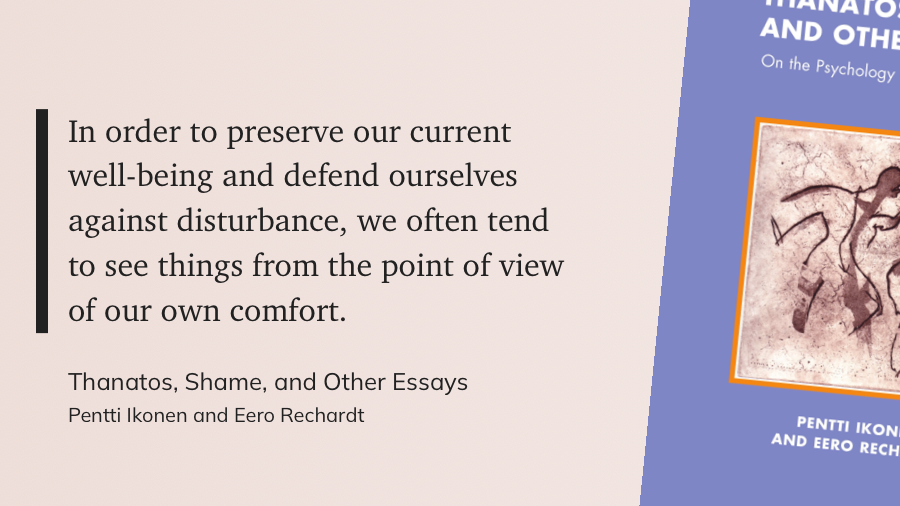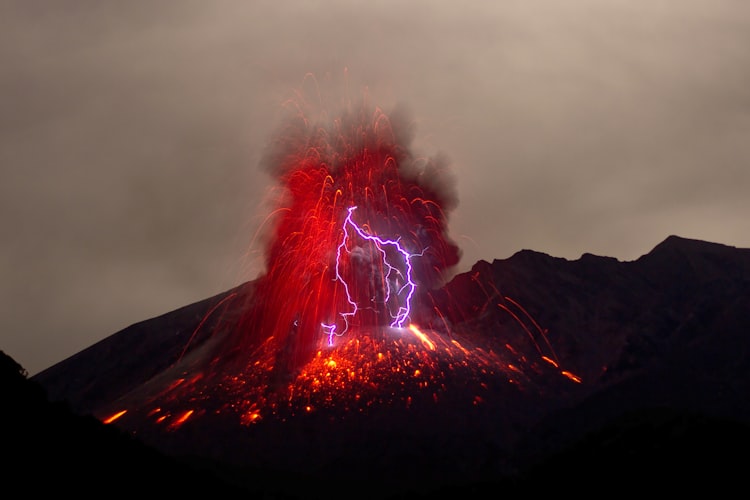Comfort is the Enemy

by Cheech
I have long pondered this interesting thought 🧠 puzzle that keeps coming up around the notions of comfort and safety in my life. I am always seeking safety on some very basic, maybe subliminal level. I think that when I get comfy, I mistake it for safety somehow. Weird, right?
So, according to this, while seeking comfort, it appears we also view our world through a secret “comfy” lens to protect ourselves from discomfort or disturbance as it is described in the quote1 below:

Here's some gold 🔑 from our own Paul Bertolino:
“As long as we entertain the fantasy of safety, we will be duped by the hand out of comfort.”
Comfort has a similar energy signature as safety, and I think it masquerades 🎭 as such. The more I think about this, the more I realize that comfort acts as a wildcard that morphs into different things for different people. States of comfort 🛋 are a lot easier to achieve (when you're me) than actually feeling safe, so I suppose I kind of use it as a placebo. I don't think it's beneficial though, and I think it is important to make the distinction.
I heard a sound byte of Joe Rogan2 talking about comfort once, this is the part that hooked me:
“There's consequences that you pay to constantly seeking comfort and and avoiding discomfort and avoiding hard work. And those consequences are you're never gonna feel self-realized. You're never gonna feel like you accomplished anything. You're never gonna have this feeling of understanding that difficulty and struggle and and the ability to push through that is a muscle.
And you develop that muscle by doing it and once you do you develop a lot of self-satisfaction and you develop peace of mind and you you understand that you can overcome obstacles. If you don't have to overcome obstacles, you never know whether or not you can.
Unless you are faced with actual adversity; you don't understand how you're gonna feel and how you're gonna react when you overcome that adversity.”
So, the first good thing about all this is that I respond to consequences. That's the part about Joe Rogan's perspective that I find really valuable. I don't know if it's that I'm just like everybody else, or if it's just that I'm well-trained in the whole punishment reward thing, but it appears that I learn best through an ouchy 🤕. Well, maybe that isn't the very best way to learn, but it is, at the very least, memorable.
The second good thing is that even permanent marker can be erased. You just need the right remover, and awareness is a good start.
Disclaimer: I am not entirely a 💯 fan of Joe Rogan's, but I thought this was right on time, so I am embedding the actual source, a Mulligan Brothers video, below. You be the judge! You might hear or see something in it that piques your interest or that inspires you.
Footnotes
1Thanatos, Shame and other Essays (by Eero Rechardt and Pentti Ikonen)
2Joe Rogan On Comfort and More (via Mulligan Brothers)
Check out our schedule to practice with Cheech.





